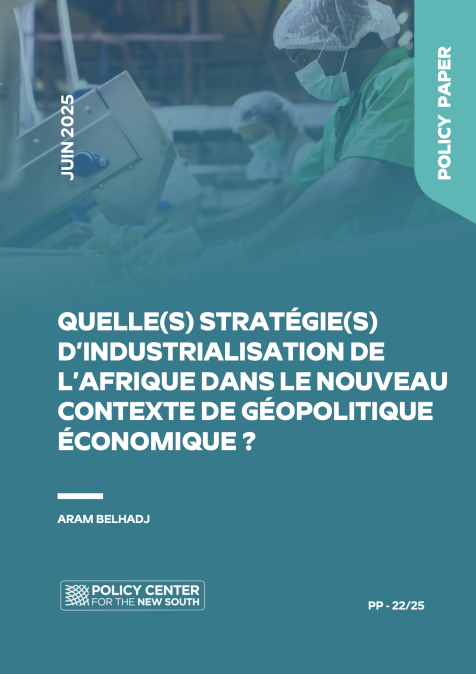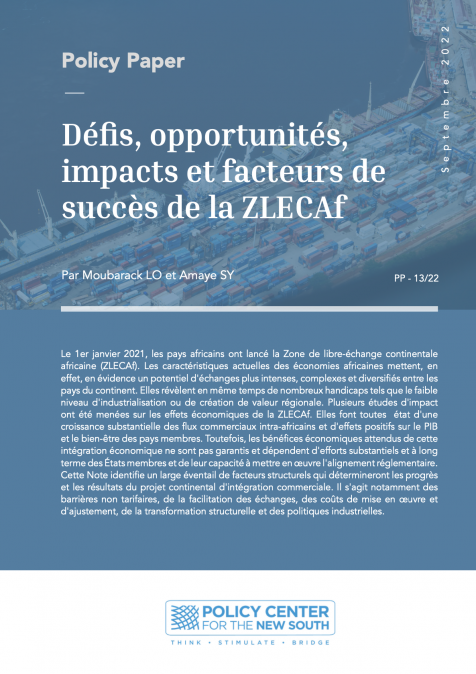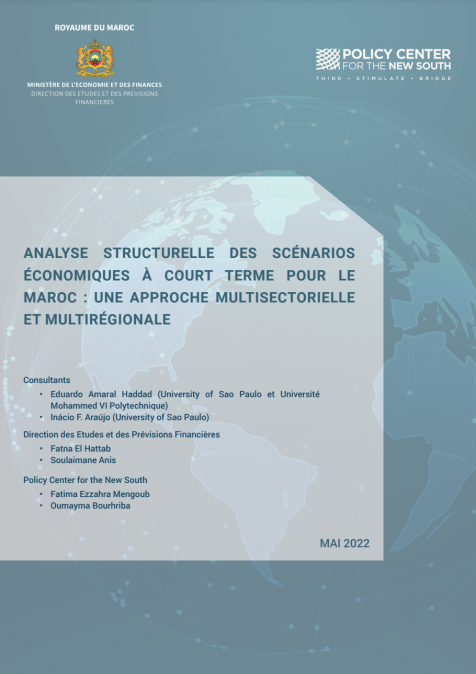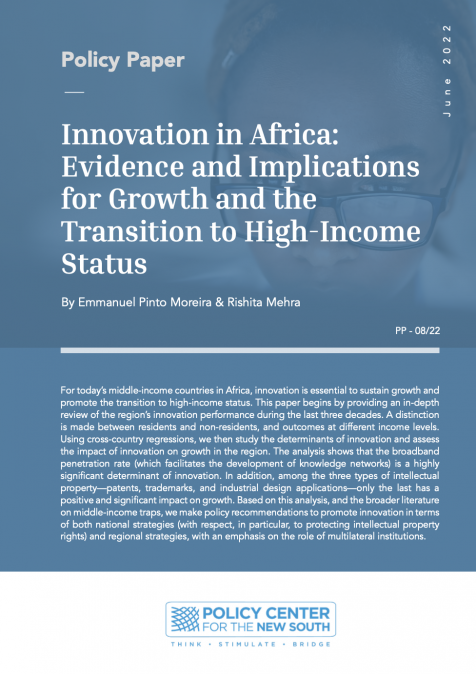Publications /
Policy Paper
Les politiques industrielles semblent marquer leur retour, aussi bien dans les grandes puissances économiques que dans les pays émergents et en voie de développement, notamment après la pandémie de la Covid-19, l’accroissement des tensions géopolitiques et commerciales et les effets du changement climatique.
L’Afrique n’est pas en reste, surtout qu’une prise de conscience des enjeux liés à la position continentale dans un monde multipolaire est en train de naître. Même au niveau de la pensée économique, longtemps dominée par des approches néolibérales ou dépendantistes, l’Afrique commence à intégrer de plus en plus des dimensions stratégiques et géoéconomiques, reflétant une vision plus proactive, où les États cherchent à exploiter leurs avantages comparatifs tout en sécurisant leurs chaînes d'approvisionnement et en limitant les vulnérabilités externes.
La rivalité sino-américaine et l'influence croissante des BRICS offrent à l'Afrique des marges de manœuvre inédites, mais imposent en même temps des choix complexes en matière de politiques industrielles, d'alliances stratégiques et de technologies critiques.
Dans ce Policy Paper, il est question des stratégies d’industrialisation de l’Afrique dans ce nouveau monde, caractérisé par des transformations géostratégiques et géoéconomiques mondiales impactantes. On montre d’abord comment et pourquoi l’Afrique n’a pas vécu un développement industriel important tout au long de ces dernières années. On précise par la suite comment l’industrialisation peut constituer une réponse aux transformations majeures que connaît le monde d’aujourd’hui. On analyse ensuite les canaux de repositionnement du continent africain pour une industrialisation réussie, tout en insistant sur l’importance de la transformation locale, de la clustérisation industrielle et de l’intégration régionale et continentale. Et puis, on termine par un traçage des voies de pilotage du processus de développement industriel qui garantira la réalisation d’une croissance forte, durable et inclusive en Afrique.









